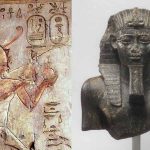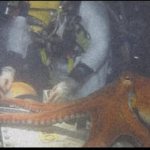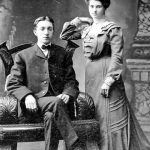Eric Clapton wrote “Wonderful Tonight” in 1976
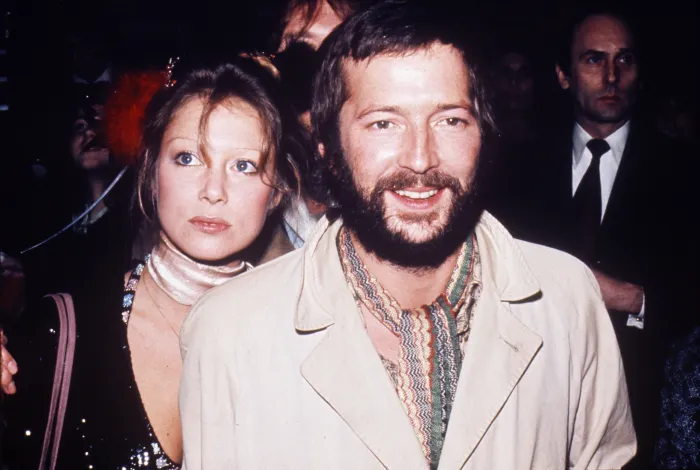
Eric Clapton wrote “Wonderful Tonight” in 1976 while waiting for his then-girlfriend Pattie Boyd to get ready for a night out. The scene was ordinary, a man sitting in a room while the woman he loves prepares for an evening event. But in Clapton’s world, the moment turned into something tender and eternal. As Boyd tried on dresses for a party hosted by Paul and Linda McCartney, Clapton sat with a guitar in hand and began playing soft chords. By the time she was ready, he had quietly written a ballad that would go on to be one of his most beloved songs.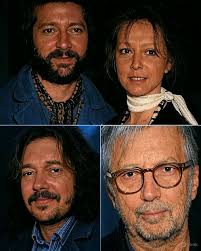

The simplicity of “Wonderful Tonight” is part of its power. There are no dramatic twists or lyrical complexity. Instead, Clapton focuses on delicate admiration and genuine affection. The lyrics observe Pattie moving through the evening with grace, asking him, “Do I look all right?” and his answer, “You look wonderful tonight.” The intimacy of the moment, captured with such restraint, resonated widely when the song was released in 1977 on his album “Slowhand.”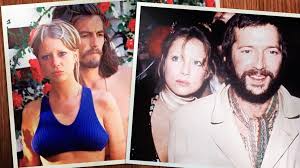

Clapton recorded the song at Olympic Studios in London. The tone is warm and slow, with his clean Fender Stratocaster guitar lines weaving gently through the melody. His voice carries a mix of vulnerability and awe. The production is sparse, allowing each instrument to breathe. Clapton’s guitar solos are melodic rather than flashy, reinforcing the quiet nature of the song’s emotional weight.
“Wonderful Tonight” became an immediate favorite among fans and radio stations. It peaked at No. 16 on the Billboard Hot 100 in the US but grew far beyond chart numbers. The song quickly turned into a wedding staple and a go-to ballad for romantic moments. It spoke to something universal, the quiet kind of love that doesn’t need to shout to be felt. Over time, the track became a defining moment in Clapton’s solo career.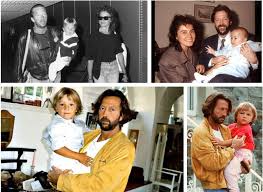

Pattie Boyd, who had also inspired George Harrison’s “Something,” recalled in her autobiography how surprised she was by the song. “I came downstairs and he played it for me,” she wrote. “It was such a beautiful moment. I couldn’t believe someone had written something so lovely about me.” Their relationship, however, was far from simple. By the time the song was released, their romance had already begun to strain. Clapton’s struggles with alcoholism and the intense public attention added pressure to their bond, which eventually ended in divorce.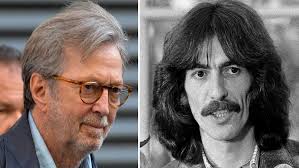

Clapton continued to perform “Wonderful Tonight” throughout his career, often with a touch of melancholy. In later years, he acknowledged that the song took on new meanings. During a 2004 interview, he said, “I still sing it, but I don’t think of it the same way. It’s more reflective now. When I play it, I remember the good parts of that time.”
The song has been covered by countless artists across genres and languages. Its appeal lies in its honesty. There’s no grandeur, just a man admiring the woman he loves as she walks into a room. It’s not about fireworks, it’s about noticing someone in the quiet of a moment and realizing they are your world. Even now, when Clapton performs it live, audiences instantly react to the opening chords. They sway, sing along, and often hold each other close. The song’s soft rhythm and heartfelt lyrics continue to carry the same warmth that was born in that ordinary room in 1976.

“Wonderful Tonight” remains a timeless reminder that the most powerful expressions of love often come in whispers, not declarations. And in that soft guitar phrase, the whole world still hears a gentle kind of forever.



